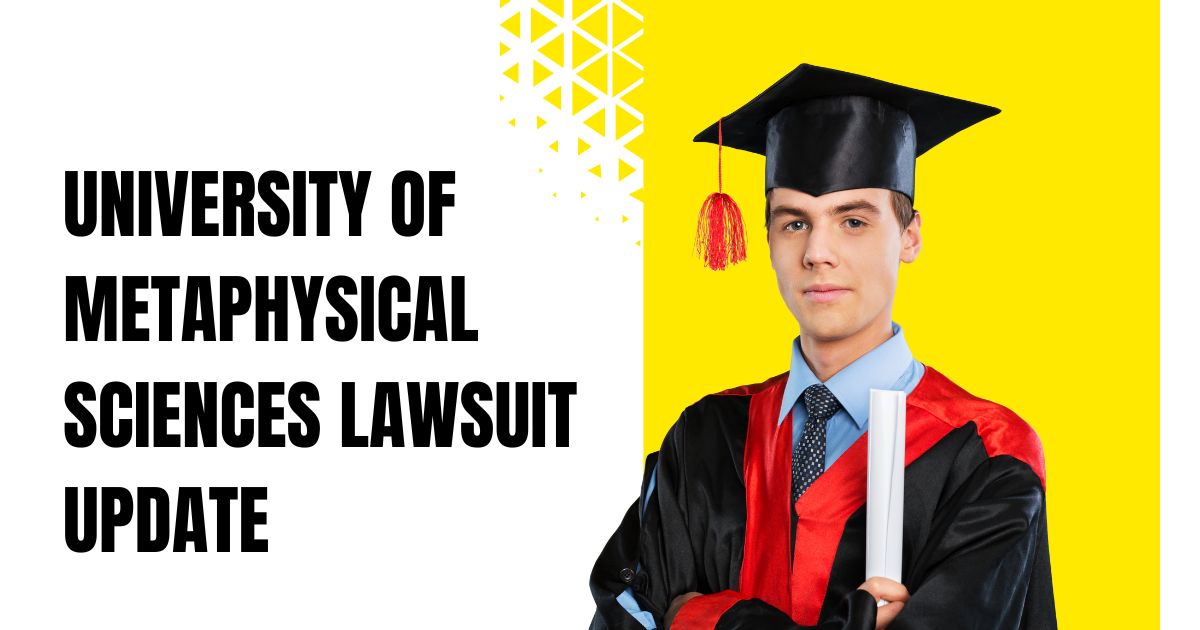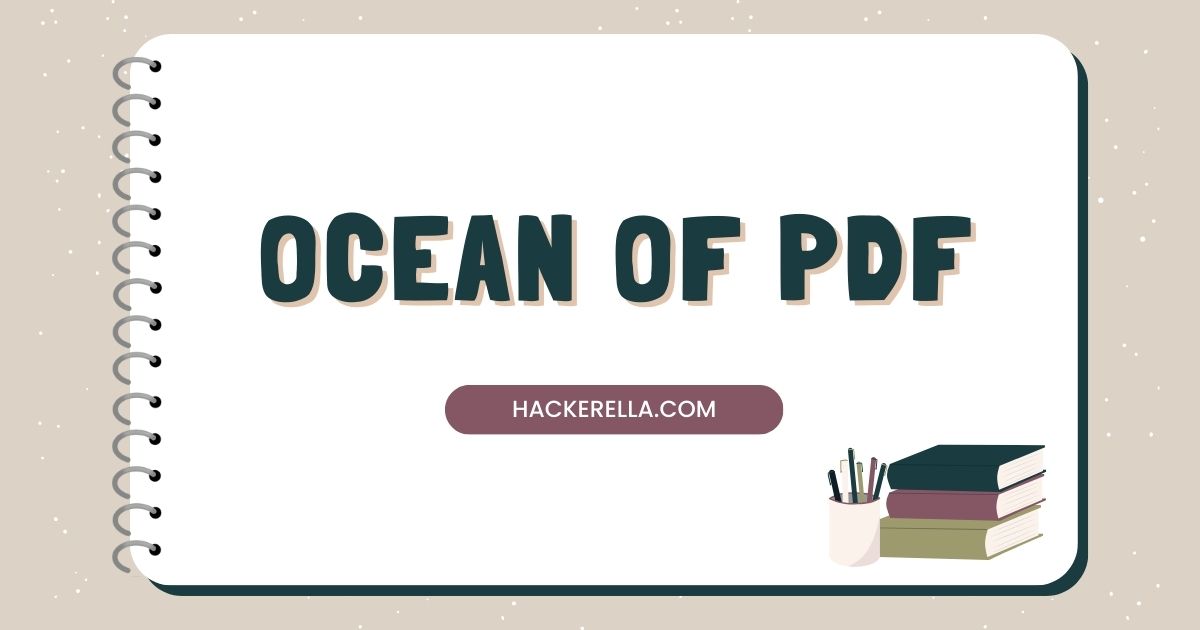The university of metaphysical sciences lawsuit update (UMS) has been embroiled in a series of legal disputes spanning nearly a decade. These lawsuits, primarily initiated by a competing institution, have raised numerous questions and concerns within the metaphysical community. This article delves into the background, current status, and potential implications of these legal battles, providing a comprehensive overview for those seeking clarity on the matter.
Background of the Legal Disputes
UMS, based in Arcata, California, has faced three consecutive lawsuits over the past eight years. These legal challenges have been brought forth by a competitor institution located in Sedona, Arizona. The primary allegations revolve around issues of trademark infringement, unfair competition, and misrepresentation.
First Lawsuit: The Inception of Legal Challenges
The initial lawsuit was filed in 2017, marking the beginning of a prolonged legal confrontation between UMS and its competitor. This case set the stage for subsequent legal actions, as the competing institution sought to challenge UMS’s practices and legitimacy.
Second Lawsuit: Continued Legal Strife
Following the unresolved issues of the first case, a second lawsuit was initiated. This further intensified the legal battle, with both institutions presenting their claims and defenses. The repetitive nature of these lawsuits has been a significant point of contention, leading to prolonged legal proceedings.
Third Lawsuit: Current Status and Developments
The most recent lawsuit, filed in the United States District Court for the Northern District of California under Case No: 21-cv-08066 KAW, is scheduled for trial from June 16 to June 20, 2025. UMS has consistently asserted its innocence, expressing confidence in a favorable outcome. The institution emphasizes its commitment to transparency and integrity throughout this legal process.
Allegations and Counterarguments
The core allegations against UMS include:
Trademark Infringement: The competing institution claims that UMS’s name and branding closely resemble their own, leading to potential confusion among prospective students.
Unfair Competition: Accusations suggest that UMS engaged in practices that provided an unjust competitive advantage, potentially impacting the competitor’s enrollment and reputation.
Misrepresentation: Claims have been made that UMS misrepresented certain aspects of its programs, possibly misleading students regarding accreditation and the value of their degrees.
In response, UMS has presented counterarguments:
Distinct Branding: UMS maintains that its branding and institutional identity are unique and have been established independently, minimizing any likelihood of confusion.
Ethical Practices: The institution asserts that it operates with the highest ethical standards, focusing on providing quality education without resorting to unfair competitive tactics.
Transparency in Offerings: UMS emphasizes its commitment to clear communication about its programs, accreditation status, and the benefits afforded to its students.
Impact on Students and Faculty
The ongoing legal disputes have inevitably affected both current and prospective students, as well as faculty members:
Student Concerns: Questions have arisen regarding the legitimacy of degrees, potential impacts on future employment, and the overall reputation of the institution.
Faculty Implications: Staff members face uncertainties related to job security, institutional stability, and the potential need for curriculum adjustments based on legal outcomes.
UMS has proactively addressed these concerns by:
Open Communication: Regular updates are provided to the university community, ensuring transparency about the legal proceedings and their potential implications.
Support Systems: Counseling and support services have been made available to assist students and faculty in navigating the uncertainties during this period.
Financial and Operational Ramifications
Defending against multiple lawsuits has significant financial and operational implications:
Legal Expenses: The costs associated with prolonged legal battles can strain institutional resources, potentially diverting funds from educational programs and services.
Operational Adjustments: To mitigate financial pressures, UMS may need to implement budgetary adjustments, which could include restructuring certain programs or services.
Despite these challenges, UMS remains steadfast in its mission to provide quality metaphysical education, seeking to minimize disruptions to its academic offerings.
Public Perception and Media Coverage
Media coverage and public perception play crucial roles in shaping the narrative surrounding the lawsuits:
Media Narratives: Various articles and reports have highlighted the ongoing legal battles, with some sources presenting a biased perspective. It’s essential for readers to critically assess the credibility and objectivity of such reports.
Institutional Response: UMS has taken measures to address misinformation by issuing public statements, engaging with the community, and providing factual updates through official channels.
Legal Proceedings Timeline
Understanding the timeline of legal events offers context to the ongoing situation:
2017: The first lawsuit is filed, initiating the legal disputes between UMS and the competitor.
Subsequent Years: A second lawsuit follows, with both cases undergoing various legal motions, hearings, and delays.
2021: The third lawsuit is filed, consolidating previous allegations and setting the stage for a comprehensive legal battle.
June 2025: The trial for the third lawsuit is scheduled, with both parties preparing to present their cases.
Potential Outcomes and Future Implications
The resolution of these lawsuits could lead to several potential outcomes:
Favorable Outcome for UMS: A ruling in favor of UMS could reinforce its legitimacy, potentially deterring future legal challenges and restoring confidence among stakeholders.
Mandated Changes: Should the court find merit in the allegations, UMS may be required to implement changes in its operations, branding, or program offerings.
Financial Repercussions: Depending on the verdict, there could be financial implications, including potential damages or the need for investment in rebranding efforts.
Community Support and Fundraising Efforts
In light of the financial strain imposed by the legal battles, UMS has initiated several efforts:
Legal Defense Fund: A GoFundMe campaign was established to solicit support from the community, aiming to offset legal expenses and ensure the continuation of educational services.
Alumni and Student Engagement: The institution encourages alumni and current students to share their positive experiences, fostering a supportive community network.
Clarification on Institutional Identity
A significant point of confusion has been the association of UMS with institutions in Sedona, Arizona:
Distinct Entities: UMS clarifies that it is not affiliated with any metaphysical universities in Sedona. The institution is based solely in Arcata, California, and operates independently.
Addressing Misinformation: Efforts have been made to correct misleading information and ensure that prospective students accurately identify and engage with the correct institution.
Conclusion
The University of Metaphysical Sciences remains committed to its mission of providing quality metaphysical education amidst ongoing legal challenges. As the June 2025 trial approaches, the institution continues to uphold its values of transparency, integrity, and community support. Stakeholders are encouraged to stay informed through official channels and support the university during this pivotal period.











